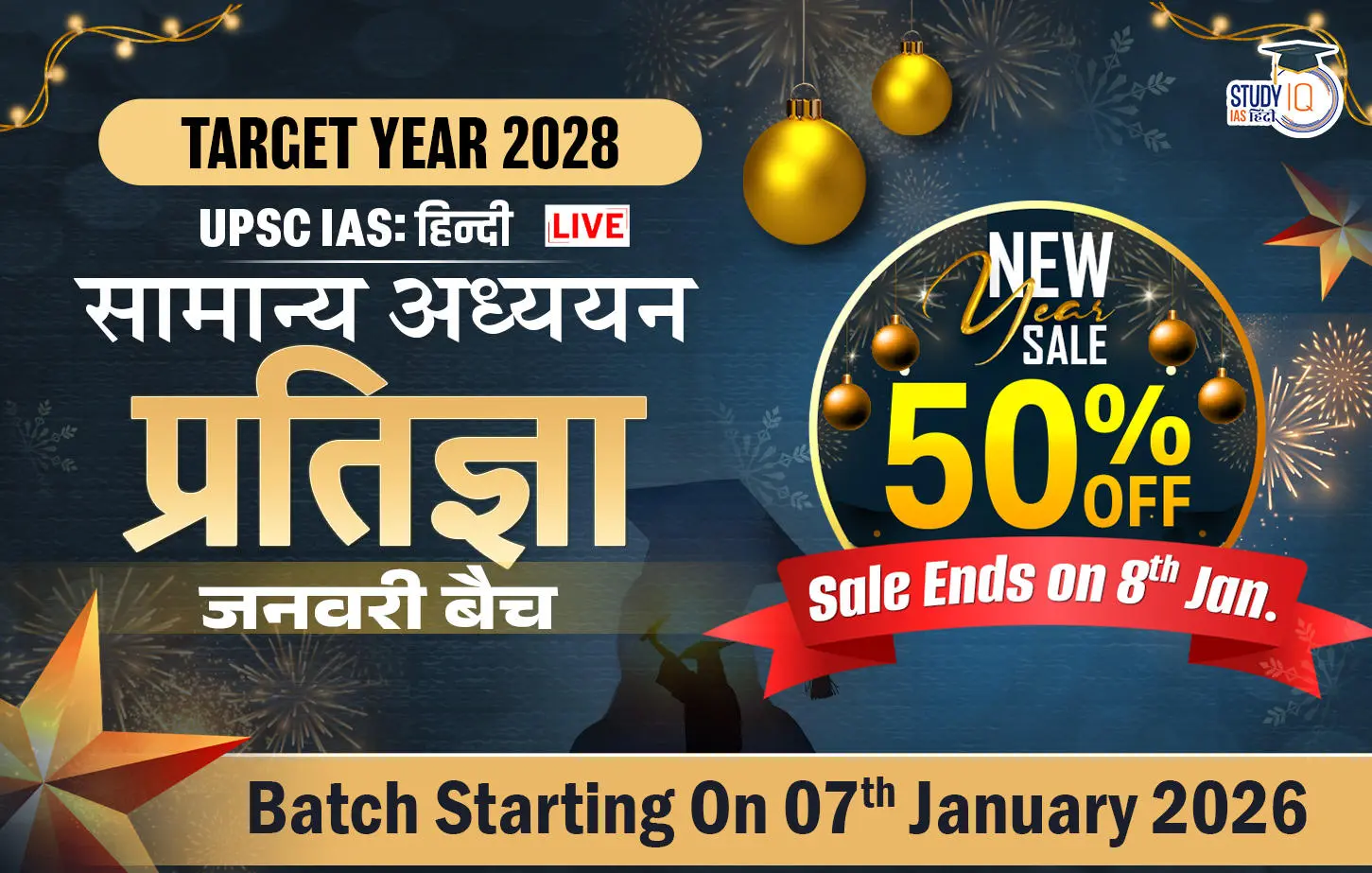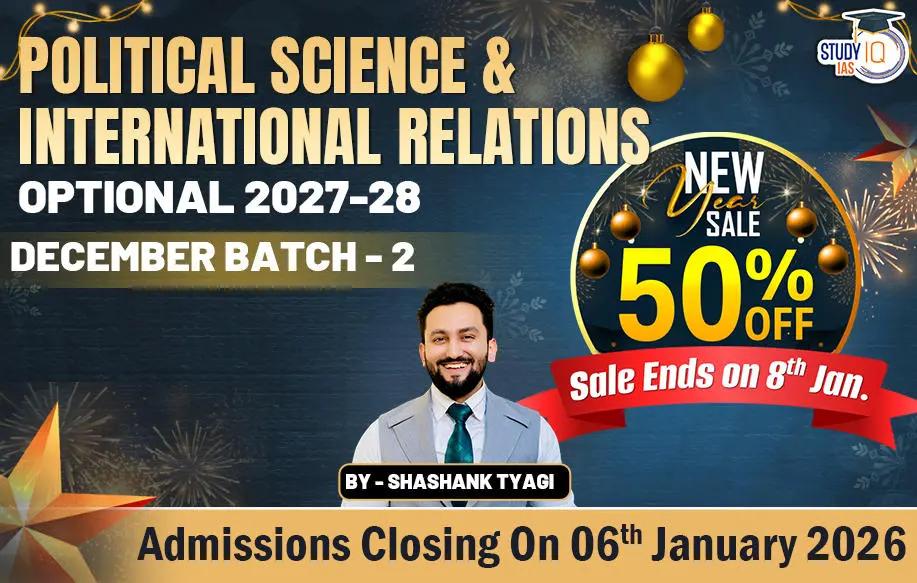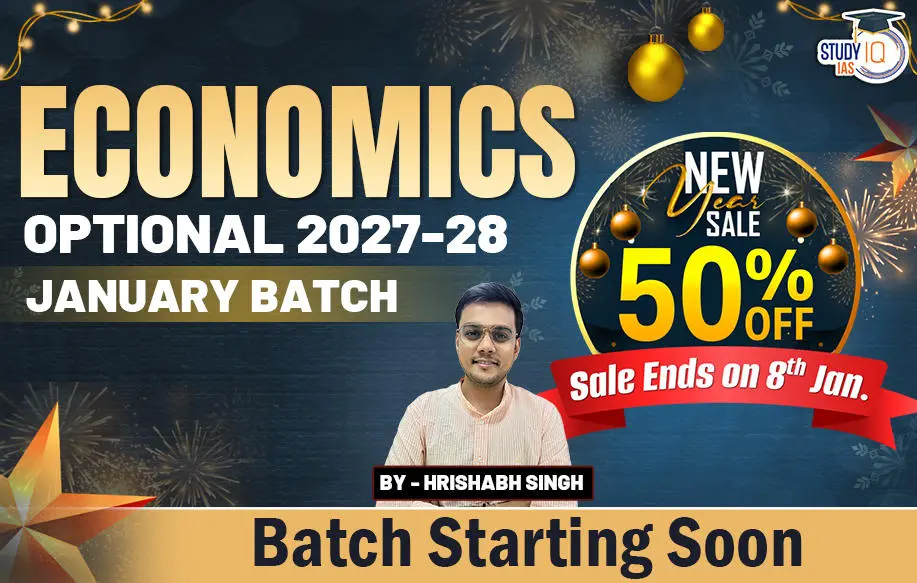Table of Contents
Context
- Recently a summit was held in Beijing between Russian President Vladimir Putin and Chinese President Xi Jinping marking the 75th anniversary of bilateral diplomatic relations.
- Their deepening alliance impacts global geopolitics and economies, including India’s complex relations with both nations.
Phases of Russia-China Ties
- 19th Century:
- Czarist Russia expanded to the Pacific, taking advantage of a weak China.
- The Soviet Union retained these territories.
- Post-1949:
- A decade of “Comintern brotherhood” followed the establishment of the People’s Republic of China (PRC).
- Relations soured due to ideological and geopolitical differences, including China’s attack on India in 1962 and armed clashes in 1969 over the Ussuri River border dispute.
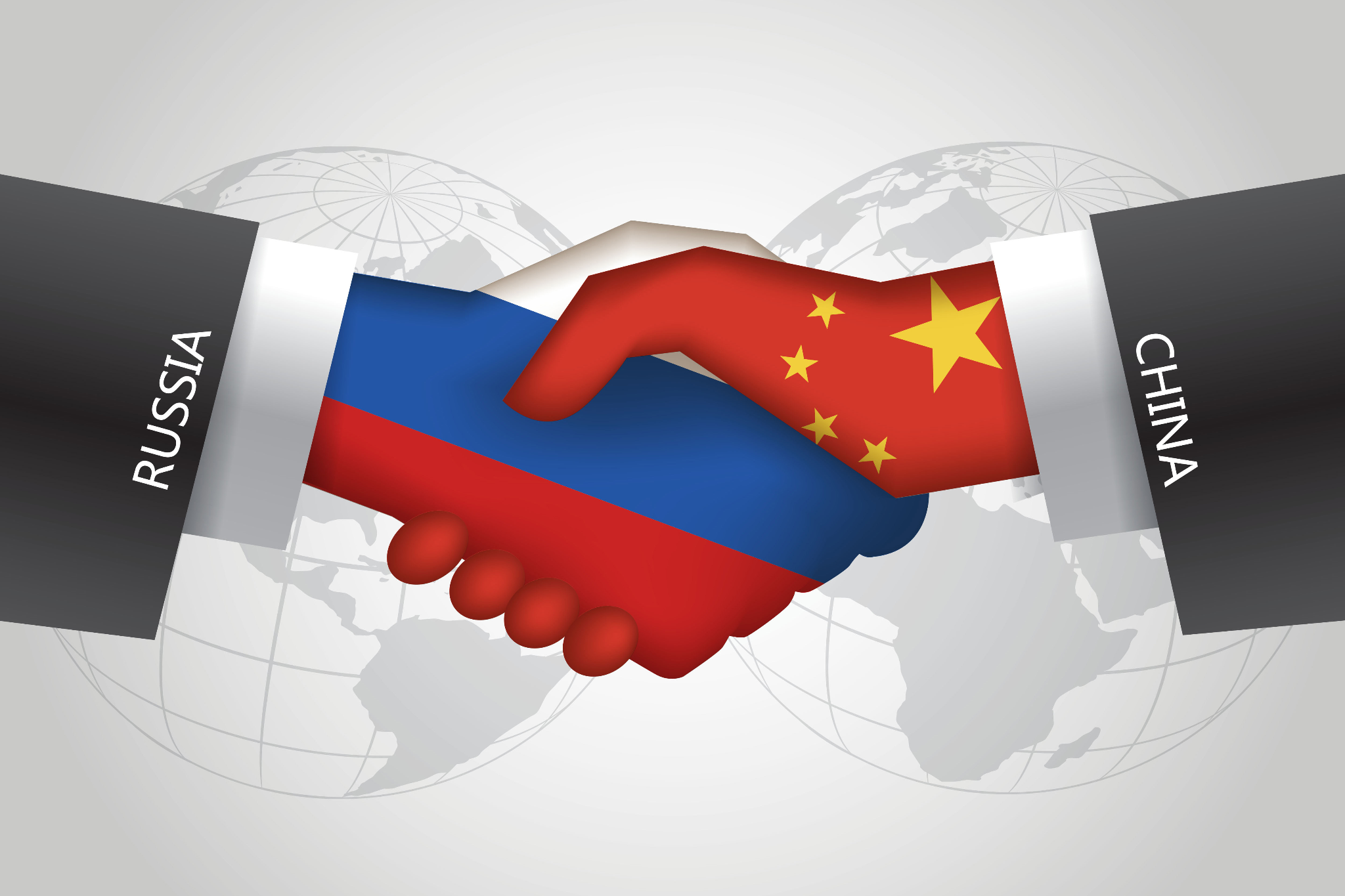
- Post-1972:
- S. President Richard Nixon’s visit to Beijing aimed to wean China from the Russia-led Eastern Bloc.
- China tilted towards the West, receiving support for economic reforms and transforming into the “World’s Factory.”
- Moscow-Beijing ties weakened as the Soviet Union collapsed and the Russian Federation faced geopolitical competition with China in Central Asia.
- Post-2012:
- The U.S. launched a “pivot Asia” policy in response to China’s growing assertiveness.
- Russia and China declared “No Limits” to their ties at the Beijing Summit in February 2022.
- Following Russia’s invasion of Ukraine, Western sanctions pushed Russia closer to China.
- Trade between Russia and China reached $240 billion in 2023, with Russia heavily dependent on China for energy exports and critical inputs.
Joint Statement from the Summit
- The 7,000-word Joint Statement was notably silent on bilateral economic, financial, and military ties, possibly to avoid Western sanctions or to conceal disagreements.
- The joint statement does not address any issues specific to India, such as United Nations reforms, and only a sanitised version of the Ukraine conflict.
- The statement criticised the U.S. for pursuing “dual containment” and an “Indo-Pacific Strategy,” signalling an anti-U.S. stance.
Short and Long-Term Impacts
- Short-Term:
- Potential for intensified bilateral cooperation, especially in supplying dual-use materials for Russia’s Ukraine campaign.
- China may seek better terms for Russian raw materials, mining rights in Siberia, and access to Russian technologies.
- Long-Term:
- China’s profitable engagements with both Russia and the West may become untenable under continued Western pressure.
- This could lead to a new Cold War, with China pushing for a global order alternative to the U.S.-dominated post-World War II architecture.
- China’s initiatives like BRICS, the Shanghai Cooperation Organisation, and the Belt and Road Initiative could gain prominence.
Impact on India
- India faces challenges and opportunities from the deepening Russia-China ties.
- India needs to assess the depth and durability of their current phase, given their erratic past.
- Russia’s potential vulnerability to China’s hegemony could concern India, which relies heavily on Russia for defence supplies amid border tensions with China.
- India must carefully navigate its position, leveraging its strategic autonomy and pushing for a higher profile in the existing global order.
- Unlike during the first Cold War, India now has greater influence and should adopt a clear strategy to achieve its long-term national goals.

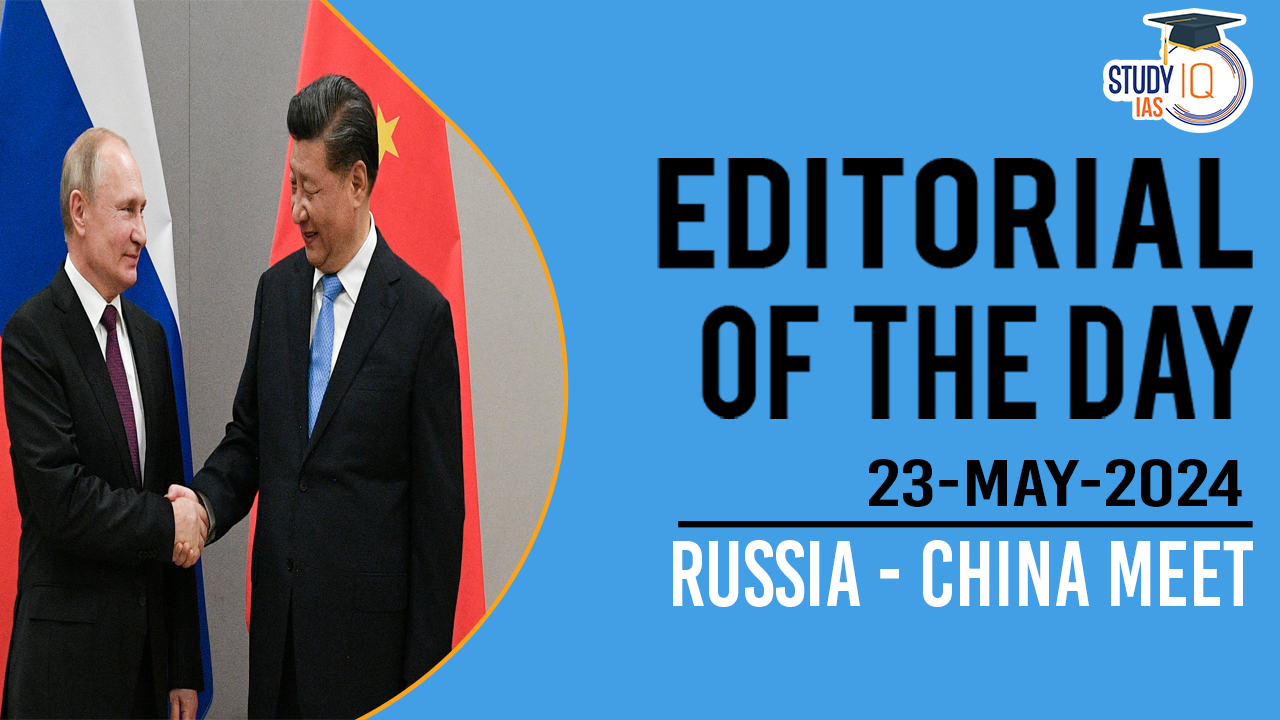
 Payments Regulatory Board (PRB)
Payments Regulatory Board (PRB)
 White-Bellied Heron: Habitat, Conservati...
White-Bellied Heron: Habitat, Conservati...
 Salal Reservoir: Location, River, Capaci...
Salal Reservoir: Location, River, Capaci...


